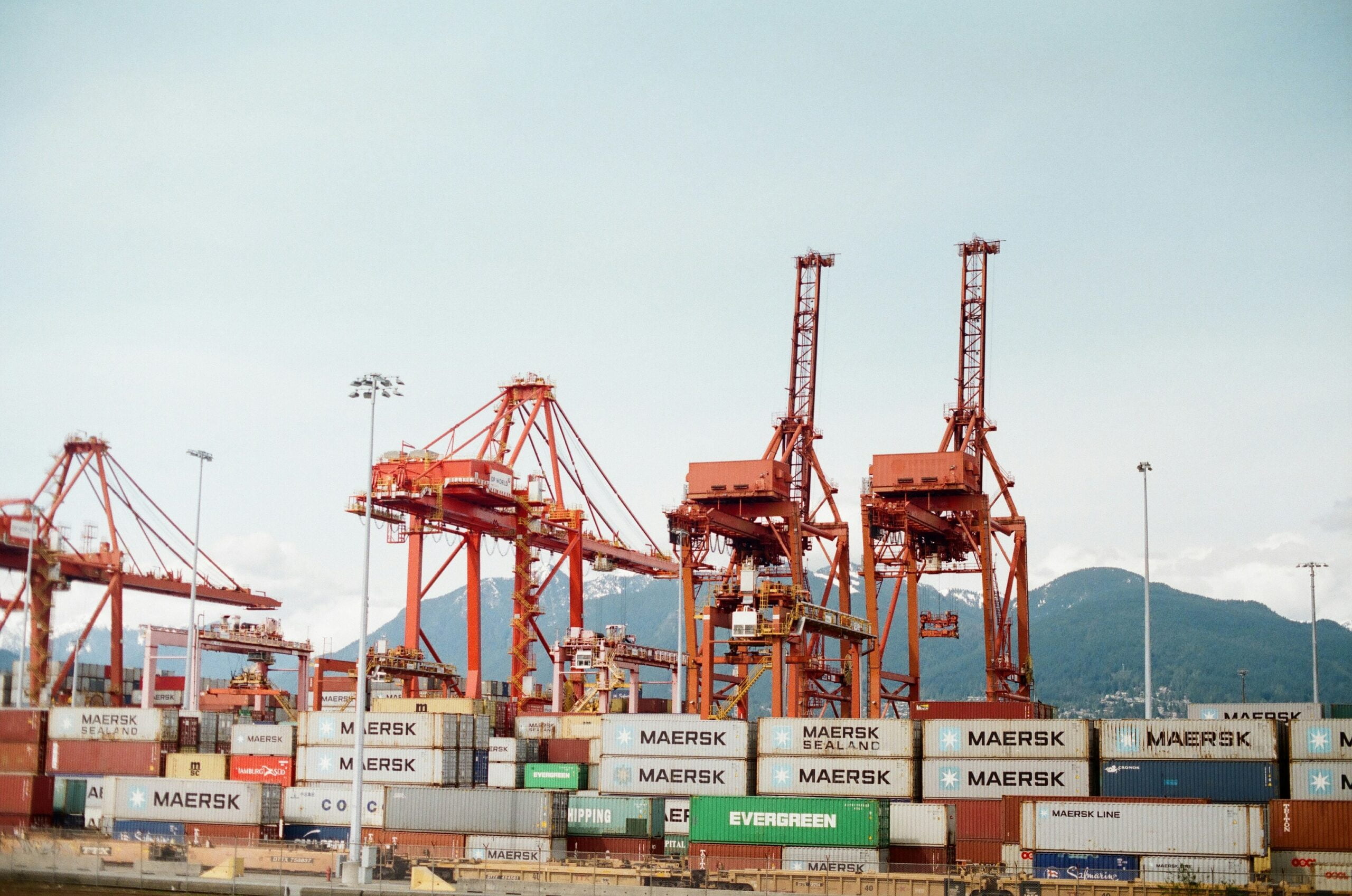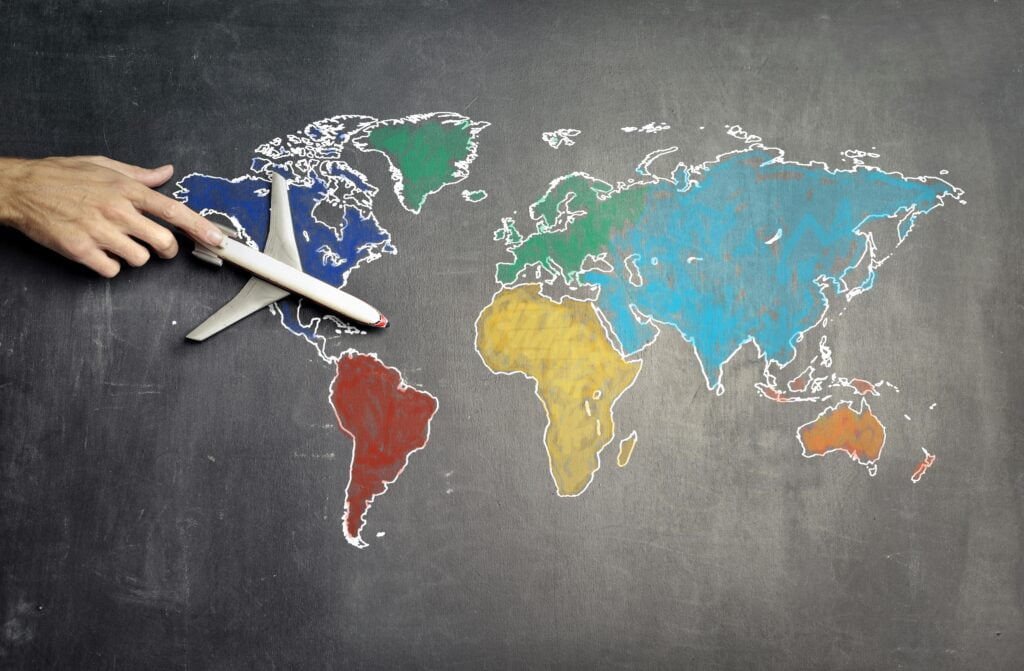
Photo by <a href="https://unsplash.com/@kylry" rel="nofollow">Kyle Ryan</a> on <a href="https://unsplash.com/?utm_source=hostinger&utm_medium=referral" rel="nofollow">Unsplash</a>

Understanding Globalization
Globalization is a term that has gained significant attention in recent years. It refers to the increasing interconnectedness and interdependence of countries and societies around the world. This phenomenon is driven by advancements in technology, transportation, and communication, which have made it easier for people, goods, and information to flow across borders. Globalization has had both positive and negative effects on societies. Let’s explore some of the key ways in which it has influenced various aspects of our lives.
Economic Impact
One of the most significant effects of globalization is its impact on the economy. It has led to the integration of markets, allowing businesses to expand their reach and access new customers around the world. This has resulted in increased trade, foreign direct investment, and economic growth in many countries.
However, globalization has also contributed to income inequality, as some individuals and corporations have benefitted more than others. The competition from global markets has put pressure on local industries, leading to job losses and wage stagnation for certain segments of the population.
Cultural Exchange
Globalization has facilitated the exchange of ideas, values, and cultural practices between different societies. Through the internet, social media, and international travel, people now have greater exposure to diverse cultures and perspectives. This has fostered a sense of global citizenship and increased understanding and tolerance among individuals from different backgrounds.
At the same time, there are concerns about the homogenization of cultures, as the dominance of Western values and consumerism can overshadow local traditions and customs. It is important to strike a balance between embracing the benefits of cultural exchange and preserving the uniqueness of individual societies.
Environmental Impact
Globalization has had both positive and negative effects on the environment. On one hand, it has allowed for the sharing of knowledge and technologies that can help address environmental challenges. International cooperation and agreements have been formed to tackle issues such as climate change and pollution.
On the other hand, the increased movement of goods and people has led to a rise in carbon emissions and the depletion of natural resources. The pursuit of economic growth and consumerism has often come at the expense of environmental sustainability. It is crucial to find ways to mitigate these negative impacts and promote sustainable practices on a global scale.
Social Impact
Globalization has had a profound impact on societies, influencing social structures, values, and lifestyles. It has facilitated the spread of information and ideas, empowering individuals and communities to advocate for social change. Movements for human rights, gender equality, and social justice have gained momentum through global networks and alliances.
At the same time, globalization has also brought about challenges such as the erosion of local traditions and the loss of cultural identity. Rapid urbanization and migration have disrupted social structures and contributed to social inequalities. It is important to address these issues and ensure that the benefits of globalization are shared equitably.
Globalization is a complex and multifaceted phenomenon that has both positive and negative effects on societies. It has transformed the way we live, work, and interact with one another. While it has brought numerous opportunities for economic growth, cultural exchange, and social progress, it has also posed challenges that need to be addressed. By understanding and navigating the impacts of globalization, societies can strive for a more inclusive and sustainable future.





